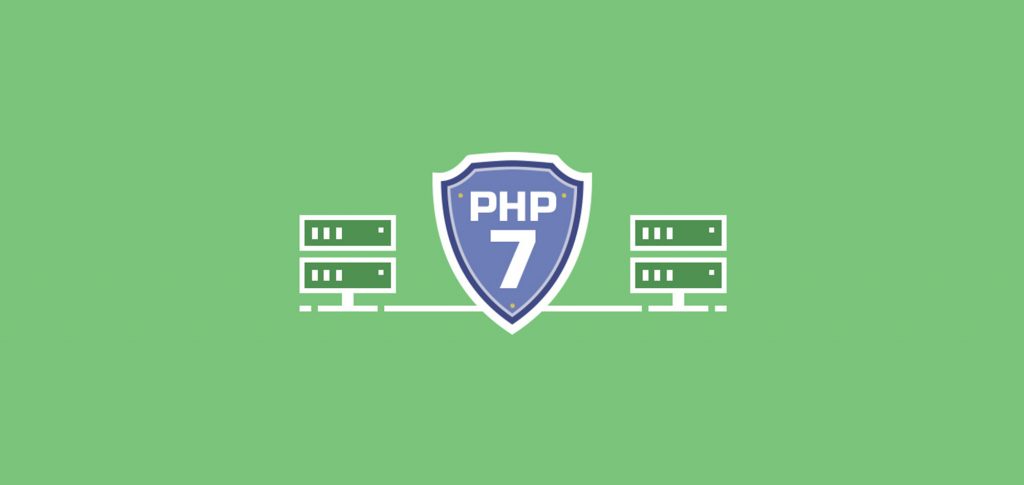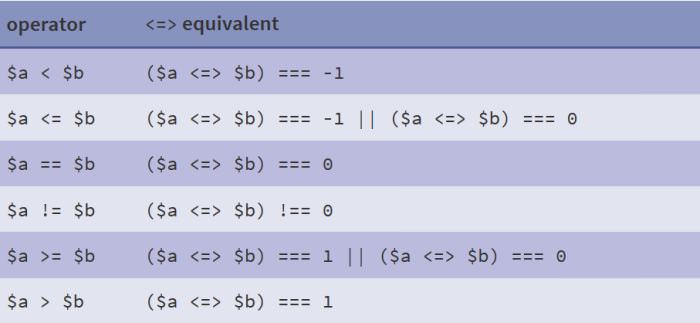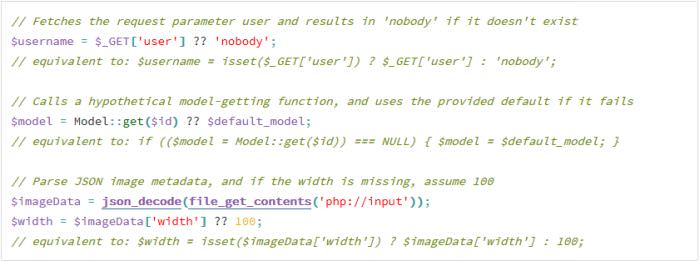
1- Zend Engine
The Zend Engine has been powering PHP since 1999 with PHP 4. Zend, written in C, is an open-source application engine that interprets the PHP programming language. In PHP 5.X versions, it uses Zend Engine II, which includes more advanced features of the first Zend Engine, with an extensible object structure and better performance.
With PHP 7, the application engine has been switched to the PHP#NG (Next Generation) engine.
2- Performance
With the PHPNG application engine, it's possible to achieve twice the performance in projects with PHP 7. Memory usage has been optimized, and just-in-time compilation during runtime has been added.


3- Enhanced Windows Support
While PHP natively operates in a Linux environment, it can also run on Windows systems. PHP 5.x was considered experimental on 64-bit architectures as it did not offer 64-bit Integer or large file support.
PHP 7.X, supporting 64-bit Integers and large files, is now distributed as a stable version on 64-bit Windows systems.
4- New SpaceShip and Null Coalescing Operators
The spaceship operator is referred to as the Combined Comparison Operator in RFC. This new operator is denoted as '<=>'. It is called 'spaceship' because it resembles a spaceship.
The spaceship operator returns 0 if two values are equal, 1 if the left is greater, and -1 if the right is greater. This operator is also known as the directional comparison operator in Perl and Ruby.

The null coalescing operator is used as '??'. It checks whether an object exists and returns a default value if it does not.

5- Type Declarations
It is now possible to define the return type of a function to prevent unwanted return types. This feature, present in other languages and enhancing code quality, comes with PHP 7.x.

“Writing is seeing the future.” Paul Valéry

